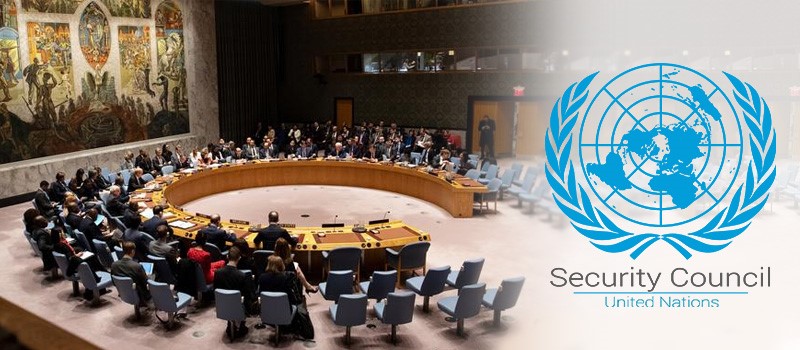- Courses
- GS Full Course 1 Year
- GS Full Course 2 Year
- GS Full Course 3 Year
- GS Full Course Till Selection
- Answer Alpha: Mains 2025 Mentorship
- MEP (Mains Enrichment Programme) Data, Facts
- Essay Target – 150+ Marks
- Online Program
- GS Recorded Course
- Polity
- Geography
- Economy
- Ancient, Medieval and Art & Culture AMAC
- Modern India, Post Independence & World History
- Environment
- Governance
- Science & Technology
- International Relations and Internal Security
- Disaster Management
- Ethics
- NCERT Current Affairs
- Indian Society and Social Issue
- NCERT- Science and Technology
- NCERT - Geography
- NCERT - Ancient History
- NCERT- World History
- NCERT Modern History
- NCERT Medieval History
- CSAT
- 5 LAYERED ARJUNA Mentorship
- Public Administration Optional
- ABOUT US
- OUR TOPPERS
- TEST SERIES
- FREE STUDY MATERIAL
- VIDEOS
- CONTACT US
UNSC - United Nations Security Council
UNSC - United Nations Security Council
09-03-2023

UNSC - United Nations Security Council
About UNSC
- The United Nations Security Council (UNSC) is one of the six principal organs of the United Nations (UN) and is charged with ensuring international peace and security, recommending the admission of new UN members to the General Assembly, and approving any changes to the UN Charter.
- Its powers include establishing peacekeeping operations, enacting international sanctions, and authorizing military action.
- The UNSC is the only UN body with the authority to issue binding resolutions on member states.
Membership
- The UNSC is composed of 15 members, 5 permanent and 10 non-permanent.
- Five permanent members: China, France, the Russian Federation, the United Kingdom, and the United States.
- Ten non-permanent members: Elected for two-year terms by the General Assembly.
Issues Associated to Functioning of UNSC
- Absence of Records and Texts of Meetings: The current rate of progress in the UNSC raises serious questions about its ability to serve the purpose of its existence.
- Powerplay in UNSC: The main problem with the current system is the capturing of governing capacity of international security relations by the elite class of countries.
- An Underrepresentation Organisation: The UNSC has been unable to act with credibility essentially due to its unrepresentative nature.
Reforms needed
- In view of the emergence of new global powers, there is a need for a limited increase in the number of permanent seats in addition to the current permanent members.
- Measures should be considered and implemented to further the improvement of the working methods and procedures of the Security Council, including enhancement of the transparency of its work.
- The reformed Security Council should better reflect the current membership of the United Nations, including through increased representation of the Small Island Developing States (SIDS), which make up about 20% of the United Nations membership.
- The imbalances in power relationships among P5 and the rest of the world needs to be corrected urgently.
Conclusion
- Lack of progress in Security Council reform has serious implications, not only for the continued relevance of global governance institutions but also for global peace and security and delivering on the purposes, principles and promises of the United Nations Charter.
Must Check: Top IAS Coaching Institute In Delhi
Tensions Between Iran and Israel
Tensions Between Iran and Israel


-1678355152849.jpg)